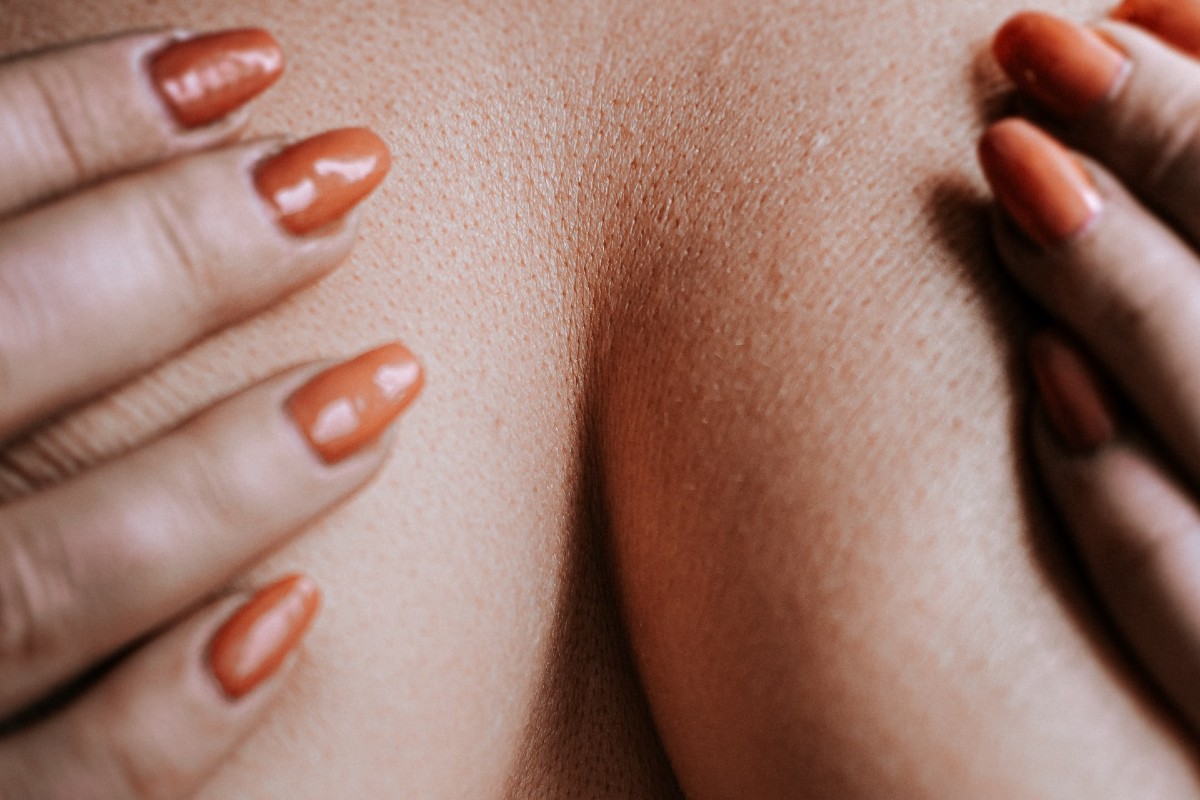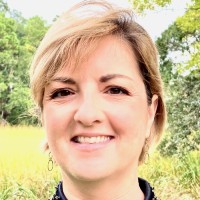By Catherine Brack, special to Charleston Currents | October is Breast Cancer Awareness month, and for many, it is pink: Pink ribbons, walks and fashion shows featuring pink clothing, shoes and cocktails. If there needs to be an awareness month to inspire more women to schedule mammograms and have real talks about their health with their doctors, then great. Keep it up.
But if this is about the symbolism of a month or a ribbon or socializing at walks or parties, then that’s nothing but Barbie-fying breast cancer. It desensitizes the public to the reality of breast cancer. It fails to illustrate how difficult this disease is to detect, much less treat.
Breast cancer is vile. It is soul-destroying. It is physically painful. It is an emotional terrorist. It is my reality, every single day.
I talk openly about cancer because I want people to understand the face of cancer. I never wanted this reality. I never wanted the surgeries or scars. I never thought I could be facing death at my age, 51, and yet, here I am. Cancer sucks, but that’s not even close to sufficient description.
So let’s have a real discussion about vile disease.
One reality: You diligently get your annual mammogram. Over the years, some come back with anomalies, so you go back for another mammogram to confirm or deny the first one, and sometimes you are treated to a sonogram or biopsy, just to be sure. And for many, this is it. This is your big scare and you go on with your life.
But then too many women — and a few men — face this: Your mammograms may come back “unremarkable,” but then a few months later, you find a lump. Your doctor suggests another mammogram, which leads you down the sonogram/biopsy/MRI path. Long needles in sensitive areas get jammed into you multiple times. It hurts. Cancer confirmed; treatment begins. For me, this meant chemotherapy, surgery and radiation.
In very basic terms, chemotherapy kills fast-growing cancer cells. I had 16 intravenous rounds of chemo, and during those five months, I experienced every side effect you could have. Hair loss. Hemorrhoids. Dry eyes. Chronic fatigue. Low iron. Grey skin. Poor memory. Weight loss.
Then comes some kind of surgery, from a lumpectomy to mastectomy. And this often is followed with radiation to try to kill off anything left. Radiation leaves you burned, blistered, tattooed and tired.
I celebrated the end of my treatment and my 50th birthday within a few days of each other. Unfortunately, I celebrated too soon. Eleven months to the day of the end of my initial treatment, I was re-diagnosed and elected to have my breasts amputated. “Bi-lateral mastectomy” is too clinical of a term for what happened. My breasts and nipples were cut away and discarded.
No doctor can ever prepare you for the loss of your breasts and the drainage tubes that accompany recovery. Gross is an understatement. And before breast implants can be added, a tissue expander is inserted where your breasts were to help stretch the skin. Then you are injected with saline on a bi-weekly basis for three months, a process that while not painful, is incredibly uncomfortable.
I was thrilled to have my implants inserted and move beyond cancer, only to be told, a month after implant surgery, that I again had breast cancer, which, to the layman, seems impossible. It’s not. Metastasized breast cancer travels. It can also go into your bones, your lungs and your brain, your soft tissue, and for me, the chest wall. And it does horrible things to each area — bones that look like honeycombs, lungs that struggle to function, brain tumors and skin lesions that look like a bad case of teenage acne.
Right now, I don’t know if the latest treatments will work. I have real, fact-based talks with my oncologist, who I appreciate more than he will ever know. As sick as I am, when you see me, you’d never even notice. I don’t look like a face of cancer. But the awful reality is: cancer has no real look. It doesn’t discriminate, and it just needs one cell it can invade to destroy a life, wreak havoc with a family and long-term plans into short term must-do’s.
So, during Breast Cancer Awareness month, get a mammogram. Donate to research. But don’t dare to think a cute fashion show or cocktails event is going to beat this demon.
Catherine Brack of Charleston is a nonprofit executive. Disclosure: Her brother is publisher of our sister newspaper, the Charleston City Paper, where it was first published.





 We Can Do Better, South Carolina!
We Can Do Better, South Carolina!

























One Comment